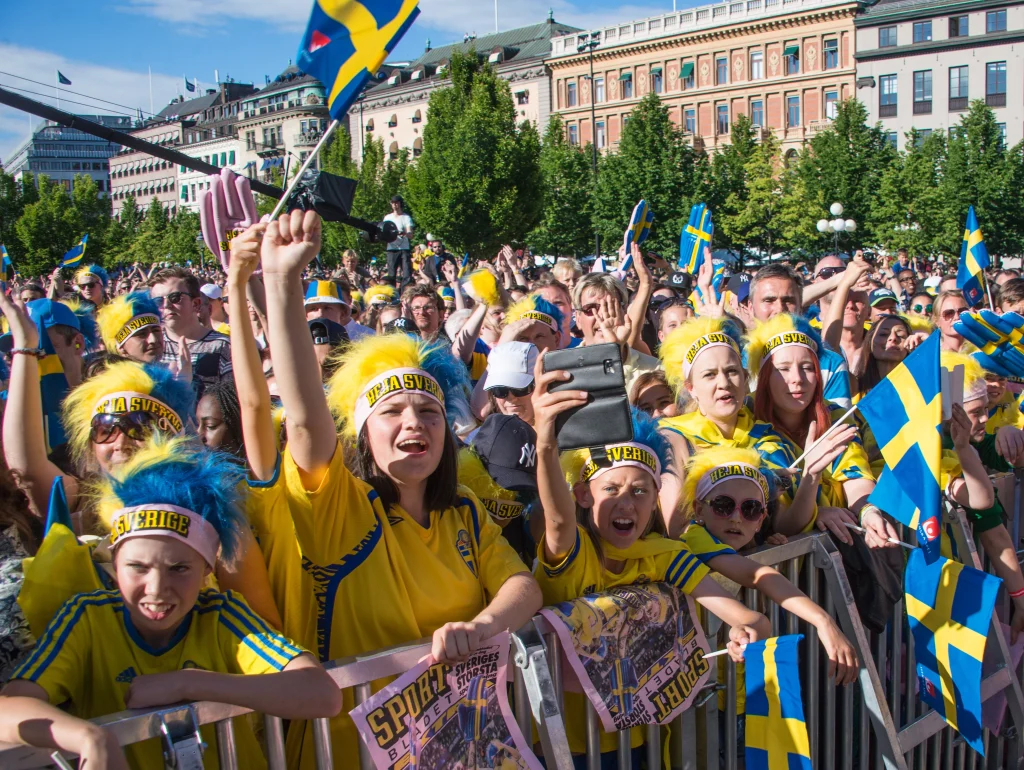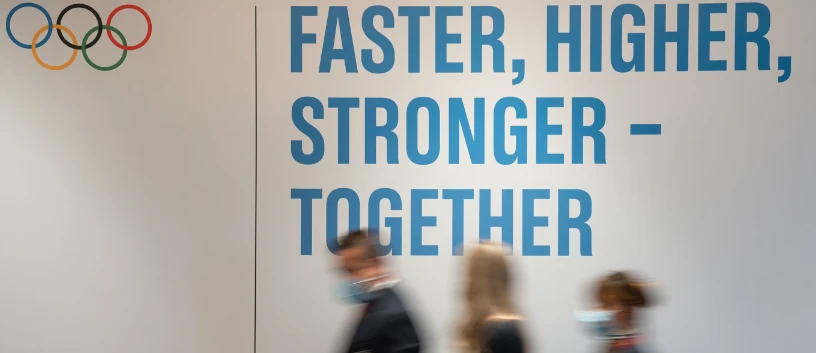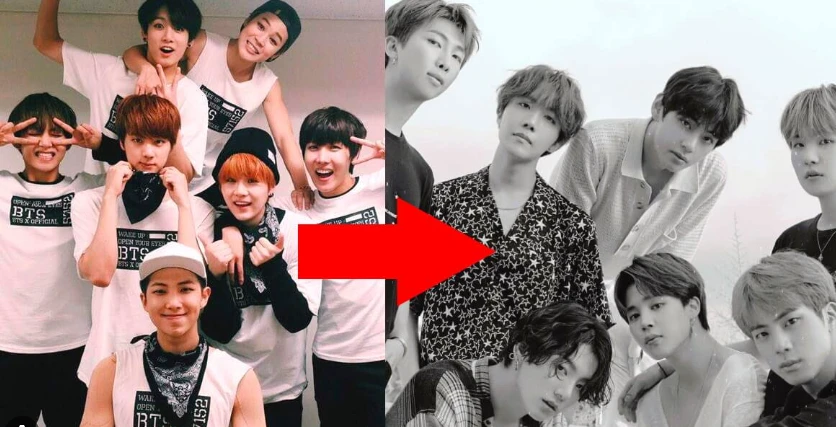
Sports Fandom: Discovering the Core Motivations
Sports Fandom, when thinking about sports fans, an important question is: “Why are people interested in sports and sports teams?” Trail and James (2015) discuss needs, values, and goals as drivers of sports consumer behavior. They identify various factors, known as motives, which explain the connection people form with sports. Sloan (1989) categorized sports motivation into five theories: pleasure and well-being, stress and stimulation seeking, catharsis and aggression, entertainment, and achievement seeking.
Trail and James (2015) reported over 40 different motives in the study of sports fan motivation, highlighting its complexity. Here are the eight most commonly investigated motives:
- Group affiliation
- Family
- Aesthetic
- Self-esteem
- Eustress
- Acquisition of knowledge
- Escape
- Entertainment
These motives are frequently mentioned in literature and included in standard measures of fan motivation.

Researchers have investigated why fans of traditional sports like football, baseball, basketball, and hockey, as well as college, minor league, and women’s sports, become fans. Different demographic groups have different motivations. For example, women are often motivated by spending time with family, while men may be driven by aesthetic, self-esteem, and eustress motives (Wann, Schrader, & Wilson, 1999).
Sport Fandom, General Motivations:
Group Affiliation

For many, sports fandom is fundamentally a social endeavor. Watching games alongside friends, whether at home, in a bar, or at a stadium, is a major draw. A significant number of college basketball attendees buy tickets together to share the experience with friends, underscoring the social appeal of sports. This shared experience fosters camaraderie and a sense of community. Beyond game time, fans form lasting friendships and communities centered around their favorite teams. This social engagement satisfies the inherent human need for connection and interaction, making it a key motivator for sports fans.
Family

Opportunity to Spend Time With Family
Supporting a sports team can be a way to bond with family. This is especially true for fans with children or those who are married. Watching games, attending matches, and discussing sports become family activities that strengthen relationships. Sporting events provide opportunities for families to unite, share in the excitement, and create cherished memories. Interestingly, family-oriented fans are equally likely to enjoy both aggressive and non-aggressive sports. The primary driver is the quality time spent together, rather than the nature of the sport. The family motive highlights the role of sports in promoting family togetherness and bonding.
Aesthetic
Some fans are drawn to the beauty and elegance of sports. This aesthetic appreciation is particularly evident in fans of sports like figure skating, diving, and gymnastics, which are celebrated for their artistic qualities. However, the appeal of aesthetics is not limited to these sports alone. Fans across all sports can admire the skill, fluidity, and visual appeal of athletic performances. The aesthetic motive emphasizes the importance of beauty and artistry in sports, which can captivate and inspire fans. Research indicates that those who appreciate the aesthetics of sports enjoy both aggressive and non-aggressive sports equally, showing that the admiration for beauty transcends the sport’s nature.
Self-Esteem in sport fandom

Supporting a sports team can enhance fans’ self-esteem. When their team wins, fans often feel a sense of accomplishment and joy, celebrating as if they were part of the team. This vicarious victory boosts their self-concept and personal pride. The bond between fans and their teams can be so intense that wins and losses significantly affect their mood and self-perception. This self-esteem boost is a powerful motivator, encouraging fans to remain loyal and engaged. The self-esteem motive highlights the deep emotional investment fans have in their teams and the psychological benefits they gain from their team’s successes.
Eustress

Many individuals seek the excitement and stimulation that sports fandom offers, providing a positive form of stress known as eustress. The unpredictability, close games, and thrilling finishes all contribute to this heightened sense of excitement. While most fans revel in the exhilaration of watching sports, some may experience distress if the excitement becomes overwhelming. However, the voluntary nature of fandom allows fans to step away if needed, such as taking a break from watching or attending the game. This ability to control their level of arousal ensures that fans can enjoy the experience without it becoming too much.
Acquisition of Knowledge
Many fans take pleasure in learning about sports, delving into box scores, and analyzing statistics. This knowledge acquisition involves gathering information through social interactions and media consumption. Fans immerse themselves in the details, gaining insights into strategies, player performances, and historical data. This not only enhances their enjoyment but also enables them to engage in informed discussions with other fans. Fantasy sports enthusiasts, in particular, often have a high knowledge motivation, as success in these games relies on a deep understanding of player stats and game dynamics. The knowledge acquisition motive highlights the intellectual engagement that sports can offer, appealing to fans’
In summary, sports fans are motivated by a variety of factors, including social interaction, family time, aesthetics, self-esteem, excitement, knowledge, escape, and entertainment. Each fan may have a unique combination of these motives, making sports fandom a complex and fascinating phenomenon.
References:
Trail, D., & James, E. (2015). The Motivation Scale for Sport Consumption: Assessment of the Scale’s Psychometric Properties.
Wann, D. L., & James, J. D. (2019). Sport Fans: The Psychology and Social Impact of Fandom (pp. 65-73). Routledge.






Responses